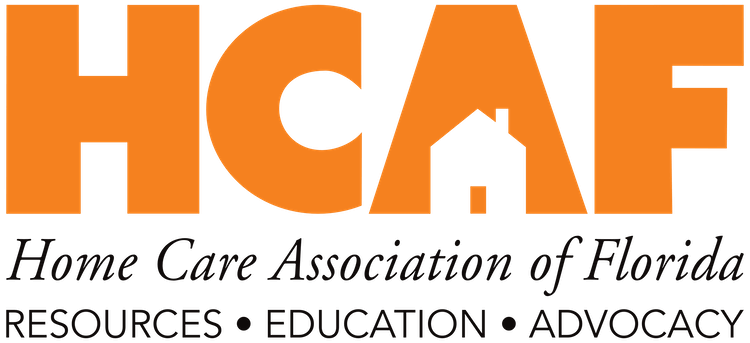Trust & Verify: Severe Shortage of Home Health Aides

Trust & Verify: Severe Shortage of Home Health Aides
By Lisa Hutson, WINK News (April 15, 2022)
It is the same search with the same empty results for weeks. Marjorie Buglione-Bone is looking for a home health aide to assist her 90-year-old mother.
“With the aide, when she was here, I left with peace of mind. I don’t leave with peace of mind now,” said Buglione-Bone.
She called it a revolving door of home health aides for her 90-year-old mother since her previous aide left the job in December.
“They really had a beautiful rapport. She got pregnant and she was having her second child and she left in December I believe and it was bittersweet. So another agency,” said Buglione-Bone. “All of a sudden, nobody. So I’d say for the last four weeks, we have no one.”
Buglione-Bone said she’s been told staffing shortages are to blame.
“Oh it could be 5 minutes, 5 years, I don’t know. We don’t know. Nobody has answers and I find that so difficult to believe. How could you not have an answer to this? It just doesn’t seem right,” said Buglione-Bone.
“A lot of people want to stay home and not get put into an assisted living facility and we’re there to help them stay home,” said Mary Toston, an assistant administrator with Granny Nannies of Fort Myers. She confirms there is certainly a shortage.
“The demand is there. The workers are hard to get,” said Toston.
WINK News connected Buglione-Bone with Bobby Lolley, executive director of the Home Care Association of Florida, a not-for-profit organization advocating for home care providers and their vendors in Tallahassee.
“I guess we are turning to you for answers. Help. You know, where do I go from here?” said Buglione-Bone.
“This is a huge crisis,” says Lolley.
“Are the companies hiring CNAs and HHAs?” asked Buglione- Bone.
“Yeah, it’s hard. It’s hard because they have a threshold of how much they can pay,” said Lolley.
Low Medicaid reimbursements for providers has meant low wages for certified nursing assistants and home health aides
Now, Florida lawmakers are getting involved, investing one billion dollars to bring the minimum wage up to 15 dollars an hour for all health care provider employees.
“They have done a lot. But it’s still that that money that has been allocated, has not flown has not flowed to the actual providers so that they can increase rates that sort of stop the hemorrhaging of people leaving,” said Lolley.
Lolley suggests paid training by the state to bring in and keep more CNAs.
“Anybody who wants to do this, just to sort of open the door and say, you know if training is the issue … we can pay you for that,” said Lolley. “Way back 10, 12, 15 years ago Florida said, ‘We’re going to move people from the institutions back into the home and community. And that’s what we’re going to do.’ People are going to stay at home. We just have to pay the right rate for people to be taken care of in the home.”
“You ask any RN in home care, they’ll say, ‘If we could just give three visits, to most seniors, you can make maintain that person in the home for decades’. And three visits from a home health aide, even if it’s a couple of hours, it doesn’t even compare to one day, you know, in a nursing facility or a hospital,” said Lolley.
“How long? What can you guess, guesstimate that this money might trickle down?” asks Buglione- Bone.
“I’m hoping in the next six months that that that can happen,” said Lolley.
Lolley suggested Marjorie contact the provider and request a social worker for her mother’s case.
“Big help for me. That was good. That’s probably the biggest help I’ve gotten,” said Buglione-Bone.
The Home Care Association of Florida estimates the need for home health aides in Florida will double over the next 10 years to meet the needs of the growing senior population.
